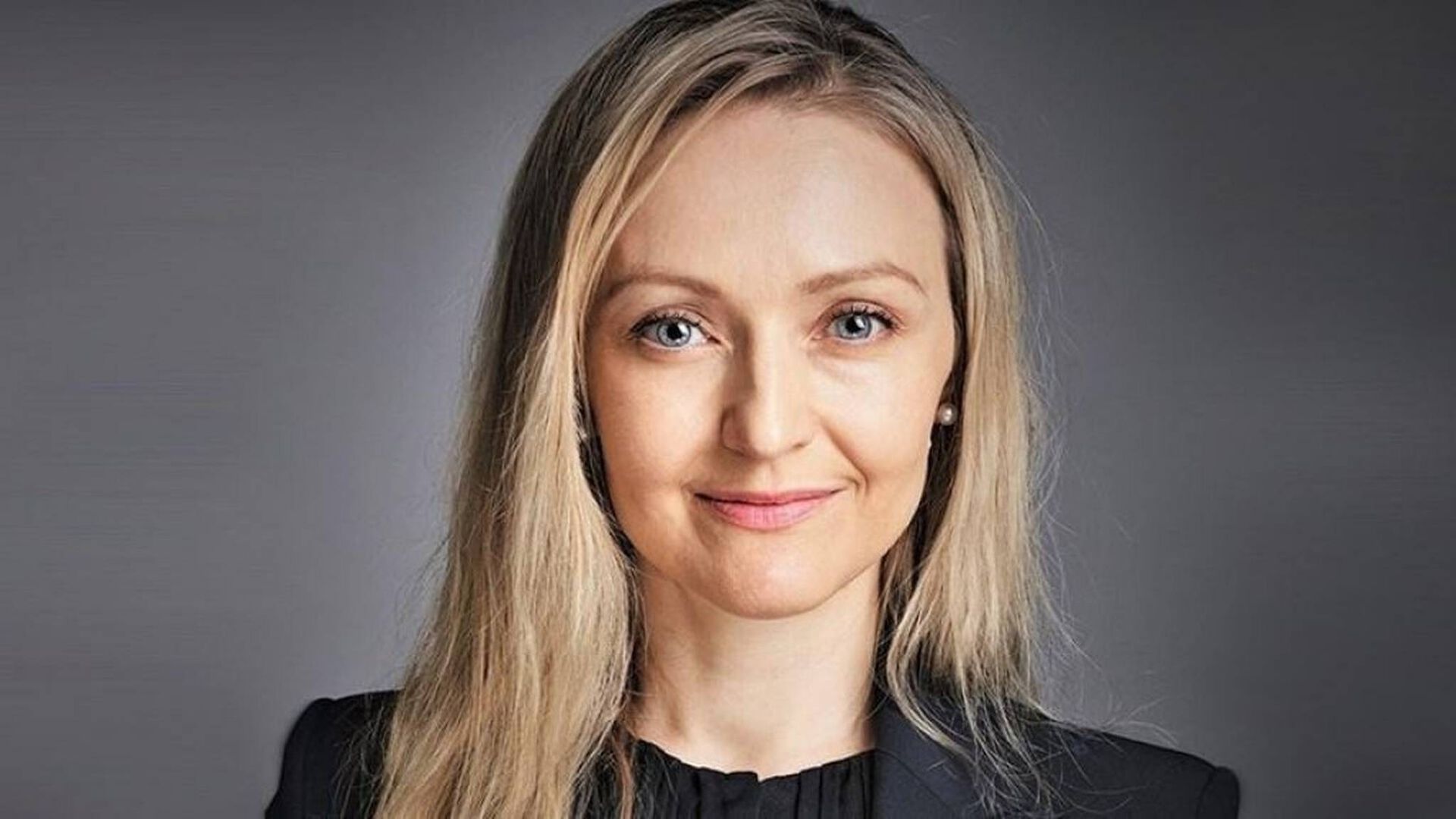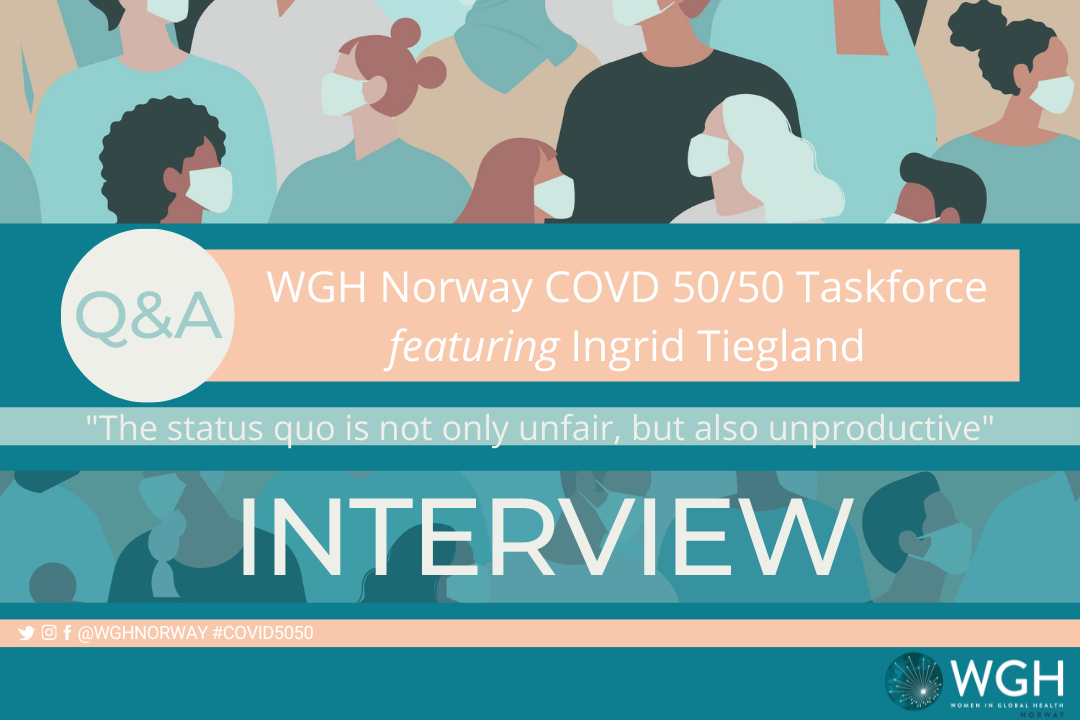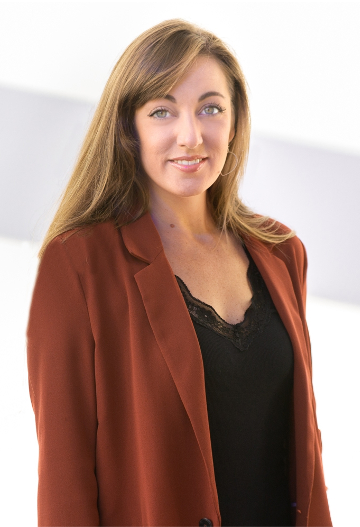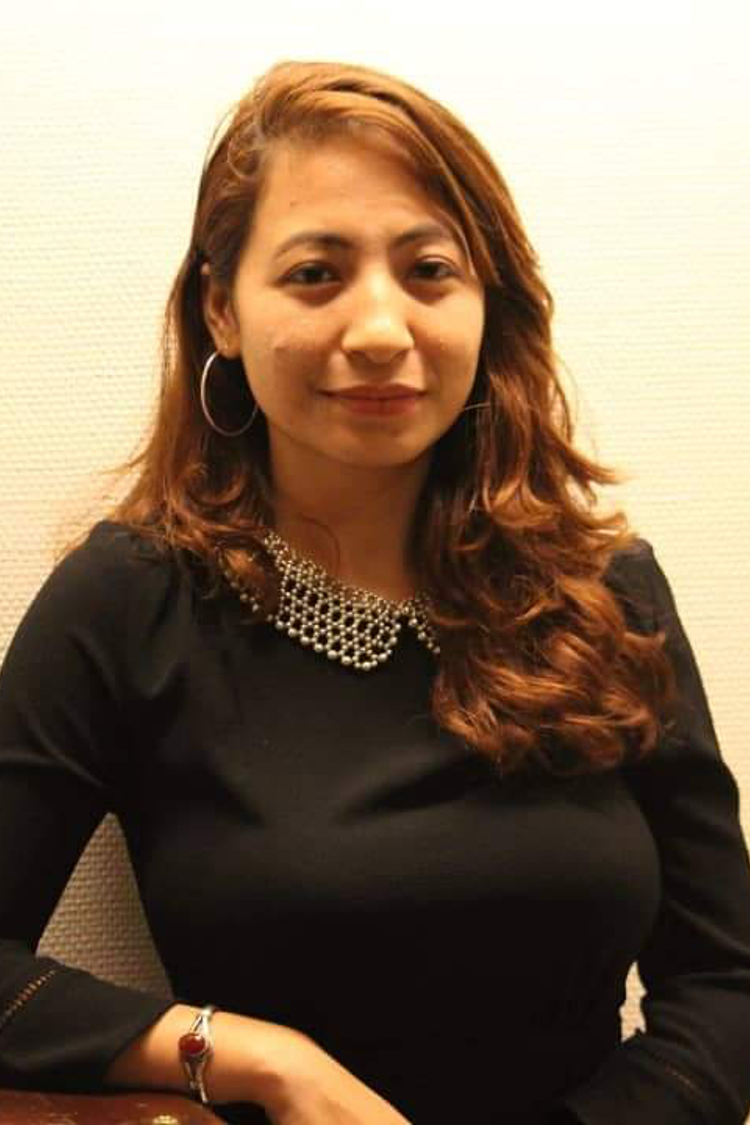 Ingrid Tiegland is both a medical doctor and investment professional with a background in healthcare, consumer goods, and technology. She has invested in and supported start-up companies globally in different phases of development, from research and development (R&D) to commercial stage. As a medical doctor, she has broad clinical experience in diverse fields such as general medicine and surgery, in both public and private hospitals in Scandinavia, Germany and the United Kingdom (UK).
Ingrid Tiegland is both a medical doctor and investment professional with a background in healthcare, consumer goods, and technology. She has invested in and supported start-up companies globally in different phases of development, from research and development (R&D) to commercial stage. As a medical doctor, she has broad clinical experience in diverse fields such as general medicine and surgery, in both public and private hospitals in Scandinavia, Germany and the United Kingdom (UK).
1. Would you tell us about your background & personal history as it has led to your current work with Hadean Ventures?
I have a background as a medical doctor, and I used to work in hospitals both in Norway and in the UK. Life science venture capital (VC) attracted me as it enables me to work in the cross section of cutting-edge medical innovation and finance – both areas that I find extremely exciting. After having worked for a VC firm in London for several years, I moved back to Norway and started Hadean Ventures, which now has grown to a substantial VC player in the Nordics.
2. Can you tell us about your current work during the COVID-19 pandemic? Has your work changed during the pandemic?
Work itself has not changed, but it has turned fully virtual. I think most of us have been surprised that the efficacy not only has been kept up, but actually increased. I think we have learned a lot that will be useful also post-pandemic.
3. In your opinion, what impacts have you seen on or for women during this pandemic, particularly as it relates to your work & industry?
Hadean has a particular attention to gender diversity and in regard to VC funding to female entrepreneurs, I was disappointed to see with Crunchbase Data (essentially a platform for finding business information about private and public companies) this has dropped during the pandemic. The pandemic has forced through efficient ways of working, but we have to be very weary of potential side effects that also might be a consequence.
4. Recent reports have shown that COVID-19 has significantly impacted investments across life sciences and health technologies. We have also seen that we are able to support the adoption of industry developments into the public sector perhaps more rapidly than previously expected. Once our societies move back to a new “post-war peacetime,” do you foresee that such impacts will continue – or what are your predictions?
Absolutely – one example is digitalization in healthcare, which has been notoriously slow, but accelerated during the pandemic. This development will not be reversed post the pandemic.
5. Can you share your reflections on how you relate to the WGH's Five Asks for Gender-Responsive Global Health Security and how so?
The WGH Five Asks shines a light on important aspects that I believe too few people are aware of. Personal war stories from the front lines over the last year have often come from female healthcare workers, which I believe have a powerful, however short-lasting effect. It is important that we continue to focus on these aspects also in the post-pandemic world, so that we are actually able to change status quo.
6. You do a lot for women professionally. Can you tell us a bit about your views on that, why and how that is for you? And perhaps, for the women reading this, can you also offer any advice or insight into lessons have you learned in your career path?
After having worked in a number of male-dominated environments, I came to the realization that the status quo is not only unfair, but also unproductive. This is really why I am trying to change it. My advice to everyone is to not accept things the way they are, but to question them and to believe that you are able to change things. Be bold.
The WGH Norway COVID 50/50 Task force serves as a national hub for COVID-19 and gender equity actions and activities. This ad-hoc task force is in support of the WGH Global's #COVID5050 Campaign, which introduced the Five Asks for Gender-Responsive Global Health Security in 2020 to help confront power and privilege. Both of which undermine global health by preventing women from contributing equally to the fight against challenges like COVID-19.


